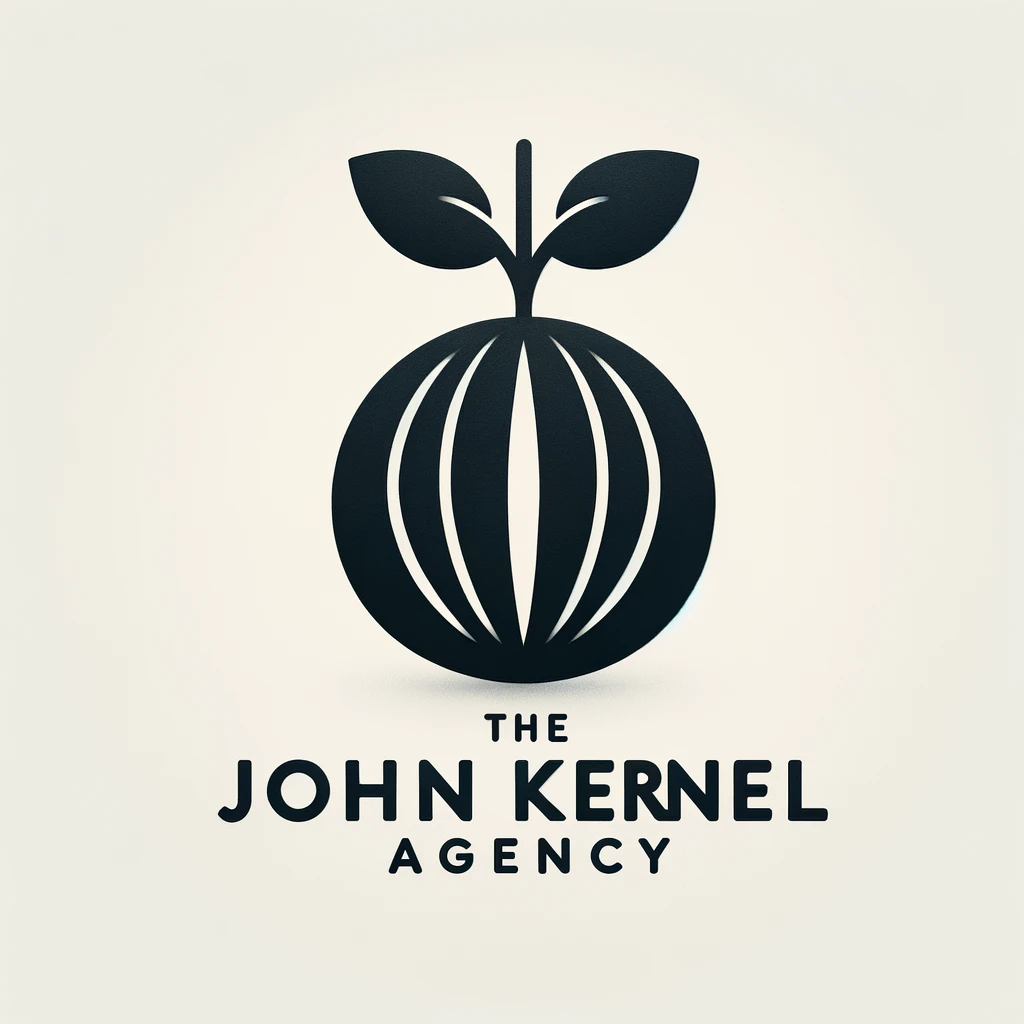THE WHAT
- FAITH = beliefs you “cannot” change
- For-you (not at all obvious for the anxious-depressed, so must be taught as a useful habit/algorithm)
- Not-for-you (evolution/genes show the way, so perhaps nothing to worry about, obsess about)
- Bigger-than-you (not at all obvious for the un-initiated and counter-vaccinated for whom any kind of faith is ridiculous, like sports and politics)
- FAMILY
- S.O.
- Kids
- Parents & siblings
- FRIENDS
- School (peers with shared vocabularies, coming of age experiences)
- Work (colleagues, clients, other counterparties)
- Around (relatives, friends of friends, fellow hobbyists, neighbors)
- FIELD
- By role (worker / manager / owner)
- By function (sales / resources / operations)
- By skill (technical / people / conceptual)
- FUN-FULFILLMENT
- Having (physical or virtual) things – so taking stock of all physical belongings (real estate, vehicles, equipment of all sorts, artefacts e.g. artwork) as well as virtual items (e.g. vacation destinations, relationships, or past experiences of any sort)
- Doing things – so passing time, in one way or another
- By attitude (simple vs. elaborate / discretionary vs. constrained / guilty vs. virtuous)
- By activity (observe vs. do / consume vs. create / with others vs. alone)
- Being something (assuming some identity) – so thinking of some collection of attributes, experiences, perhaps capabilities that is somehow meaningful as a whole
- FITNESS
- Exercise (zone 2, VO2max, strength, flexibility)
- Diet & Sleep
- Monitoring (psychological & physical health)
- FINANCE
- Active income
- Consuming/Spending (incl. borrowing) vs. Saving/Investing (incl. borrowing)
- Passive income (Financial indifference, Financial independence)
THE HOW
- CONTEXT
- Inorganic
- Organic – biology e.g. Sapolsky
- History
- Your-story incl. peer reports
- CHANGE
- Risk management – readiness (resources, capability) for what can happen (risk, impact, threat, vulnerability)
- Grand transitions – readiness for which part of the journey you are in
- Situational awareness – the right kind of readiness, i.e. for what is going on at the moment (not to get carried away, e.g. preppers)
- Operational depth – the right capacity (as measured by horsepower, torque) for response, i.e. capacity to project power, absorb power, maintain the ability to maneuver (I’m still moving) available coercive tools – in whichever direction
- DIRECTION
- Dreams
- Goals incl. Systems
- Steps incl. Sets of reps
- Habits incl. Routines
- DRIVE
- Experimental, win-or-learn / change views, try new things
- Consistent, compounding / infinite patience, incremental improvements
- Dealmaker, portfolio manager / value exchange, valuable options
- Focused, contrarian / non-conformist, just-say-no, aggressive ambitions
THE WHY
- LIVING (on the surface)
- Back to the basics: Air, water, food, shelter, some minimum level of stimulation
- The watchman: Observing the life unfold from the first row seats
- Taking it easy: Not overthinking, not over-worrying
- Taking it in the “happy way”
- MAXIMIZING (optimizing)
- Eliminate inefficiencies
- Optimize any and all activities
- To the max, whatever it takes
- SEARCHING (and finding, aka creating)
- Looking deep into yourself
- Creating yourself from scratch
- Weaving a web from whatever resonates (collage, pastiche)
- FOLLOWING (something bigger-than-you)
- Submitting to something that is bigger-than-you
- Immersing yourself in this gooey state
- Reaching some mindless state of peace and happiness?
- LEAVING SLIGHT TRACES (smudges) ON THE FACE OF HUMANITY
